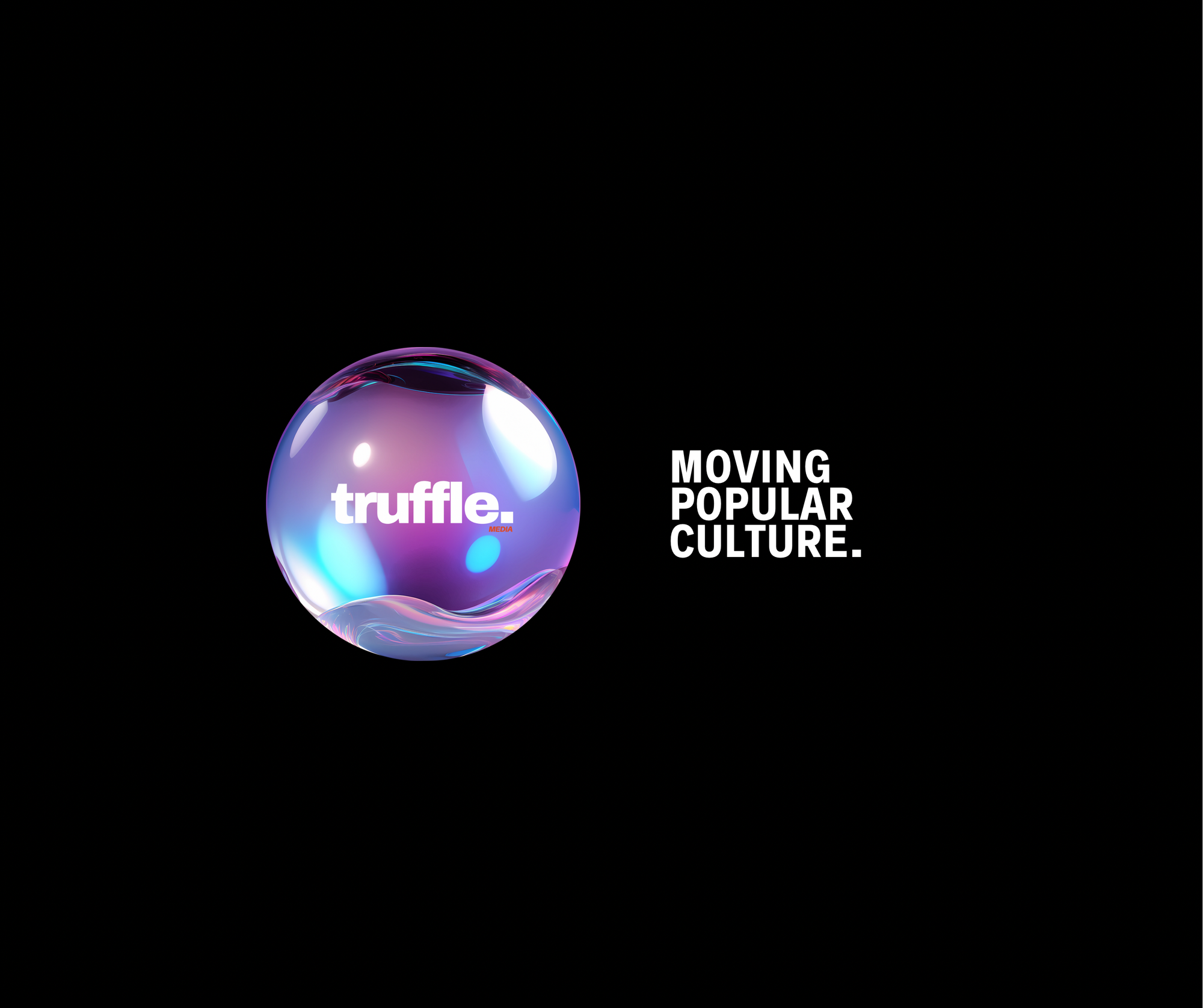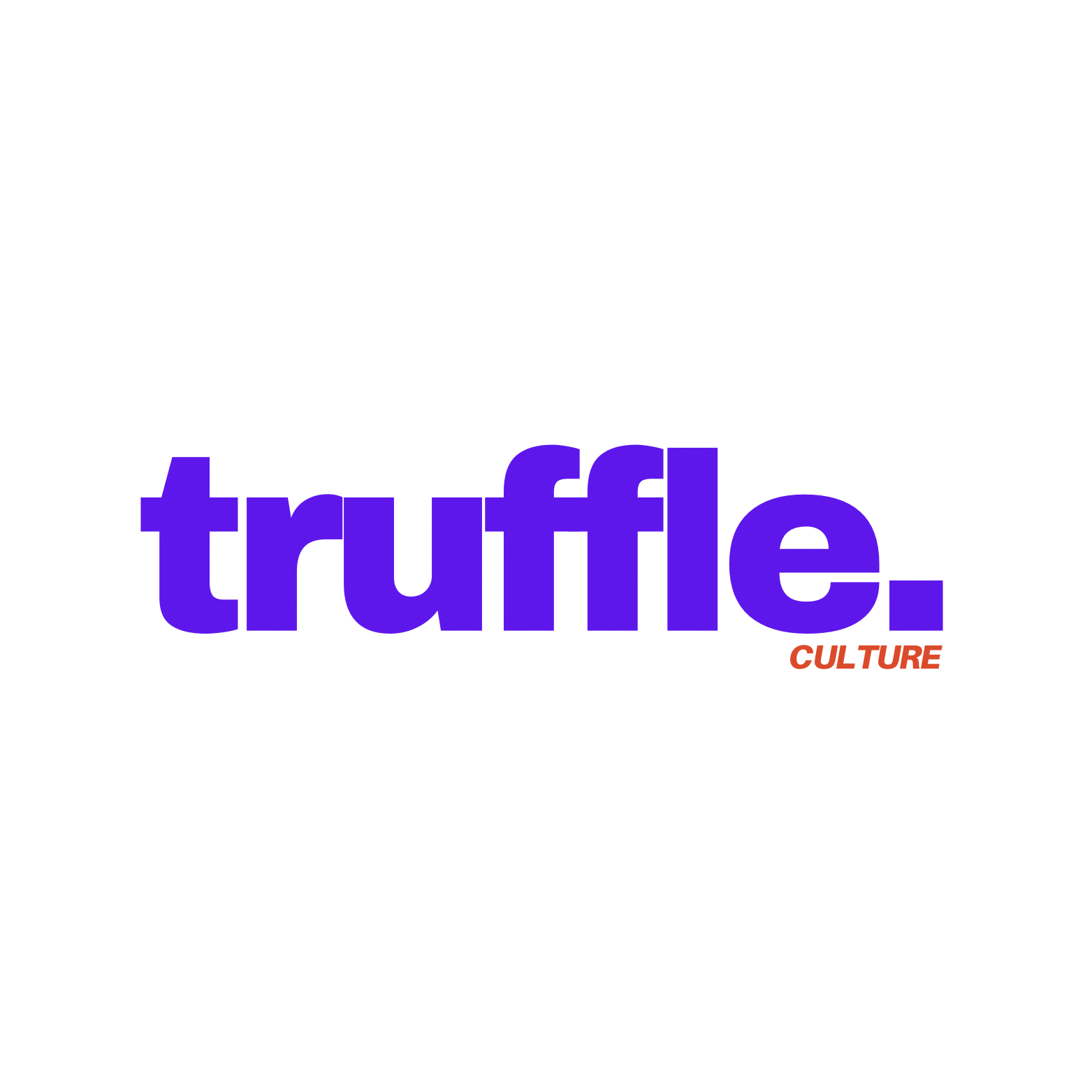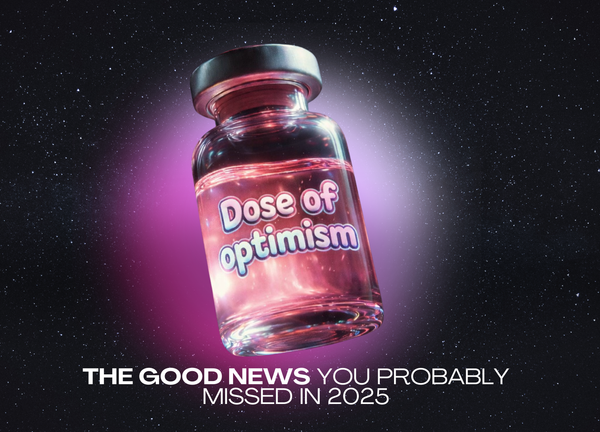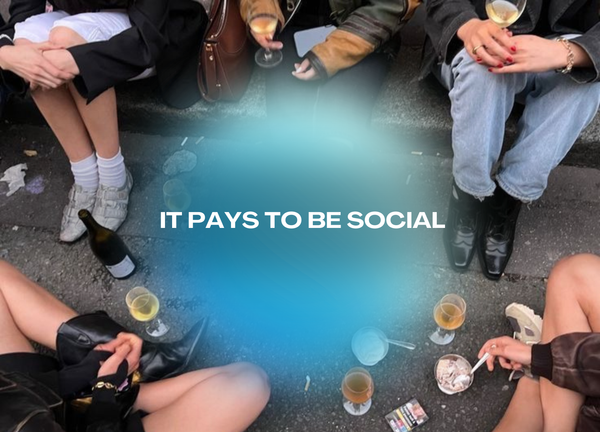Gen Z’s New Wealth: Kombucha, Spin Classes, and the Pursuit of Presence
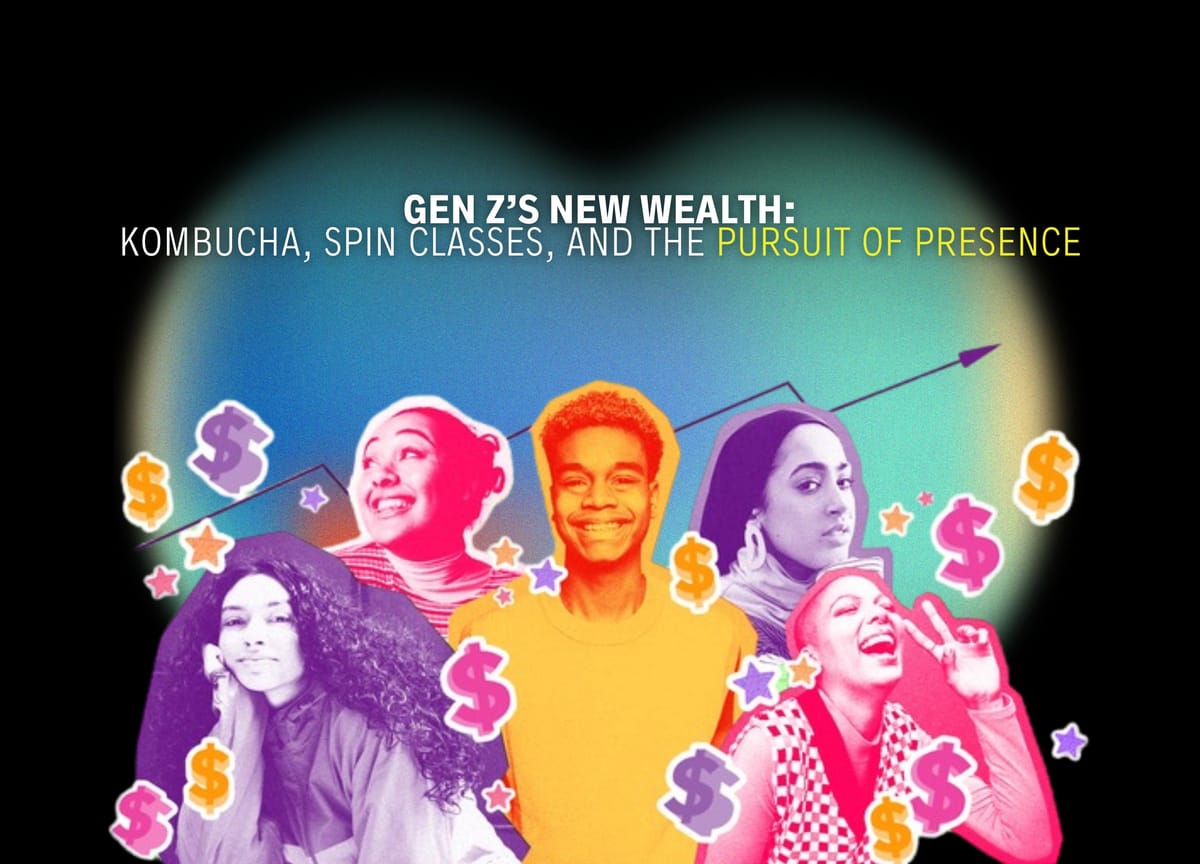
The Context
Step into a sunlit studio in Williamsburg or Notting Hill, where the air hums with the whir of spin bikes and the faint tang of artisanal kombucha. Here, wealthy Gen Zers—those born between 1997 and 2012—are redefining affluence. Forget the Ferraris and Chanel bags that once signaled status; today’s young elite are investing in experiences that promise vitality and mindfulness. A 2024 report by Barclays notes that affluent Gen Zers in the UK and US are spending up to £500 monthly on wellness subscriptions—think Peloton classes, organic juice bars, and boutique yoga retreats. Wellness brands like SoulCycle report a 20% uptick in memberships among 20-somethings, while Juice Press sees Gen Z driving 30% of its revenue.
But why are the heirs of wealth trading conspicuous consumption for fermented tea and sweat-soaked studios? At Truffle Culture, we see this shift as more than a trend—it’s a cultural recalibration, a rejection of materialism in favor of something deeper: presence. To understand this pivot, we must trace its roots and interrogate its implications. What does Gen Z’s wellness obsession reveal about wealth, identity, and the search for meaning in 2025?
The Roots of Gen Z’s Wellness Revolution
Wealth has always been a performance, its props evolving with each generation. In the 1980s, Wall Street’s Gordon Gekko flaunted Rolexes and power suits, a nod to industrial capitalism’s excess. The 2000s saw millennials embrace logo-mania, with Louis Vuitton bags as badges of arrival. Gen Z, however, inherits a different world—one scarred by climate crises, economic volatility, and digital overload. A 2023 Pew Research study found that 65% of Gen Z prioritize mental health and work-life balance over traditional markers of success, a sentiment amplified among the affluent who can afford to act on it.
This generation’s wealth is less about owning and more about being. The rise of wellness culture—yoga, meditation, functional fitness—owes much to the 1960s counterculture, when Eastern philosophies seeped into Western consciousness. But Gen Z’s take is distinctly modern, shaped by Instagram’s curated mindfulness and the gig economy’s precarity. Gwyneth Paltrow’s Goop, once mocked, now boasts a $250 million valuation, with Gen Z as its fastest-growing demographic. Kombucha, packed with probiotics, isn’t just a drink—it’s a ritual, a $20 bottle signaling intentionality. Spin classes, at $40 a session, offer community and catharsis, a secular church for a generation skeptical of institutions.
Yet, this shift isn’t purely altruistic. Wellness has become a status symbol, as cultural critic Jia Tolentino notes, where “self-care” doubles as a performance of privilege. The same Gen Zer sipping a cold-pressed juice in a $200 Alo Yoga set is likely posting it to Stories, framing their lifestyle as both aspirational and enlightened. This is wealth, rebranded—not a Birkin bag, but a body and mind sculpted by choice.

The Critique: Authenticity or Aesthetic?
Gen Z’s pivot to wellness is a bold redefinition of wealth, one that prioritizes experience over excess. It’s a rebellion against the conspicuous consumption of their parents, aligning with broader cultural currents. The analog resurgence we explored celebrated slowness; here, Gen Z embraces mindfulness as a counterpoint to digital chaos. A 2024 McKinsey report projects the global wellness market to hit $8.5 trillion by 2027, driven by young consumers who see health as capital—social, emotional, and physical. Spending £500 a month on spin classes isn’t frivolous; it’s an investment in a currency that outlasts a supercar.
But let’s pause and probe. Is this pursuit of presence truly authentic, or is it another layer of performance? Wellness, for all its virtues, is a gated community. A single SoulCycle class costs more than a week’s groceries for many, and kombucha’s $10 price tag excludes those outside the affluent bubble. The aesthetic of Gen Z wealth—clean lines, neutral tones, glowing skin—can feel like a new kind of elitism, as exclusive as a Chanel runway. Sociologist Shamus Khan argues that modern privilege hides in “ease,” where wealth is less about what you own and more about how effortlessly you live. A Gen Zer biking to a $50 meditation session embodies this, their privilege masked as virtue.
At Truffle Culture, we argue that Gen Z’s wellness obsession is both revolutionary and reductive. It’s revolutionary because it challenges materialism, valuing mental clarity and community over fleeting status symbols. But it’s reductive when it commodifies self-care, turning mindfulness into a luxury good. The challenge is democratizing this ethos—making wellness a right, not a privilege. Initiatives like free community yoga or affordable health co-ops suggest a path forward, but they remain outliers in a profit-driven industry.
The Conversation: What Wealth Means Now
Gen Z’s redefinition of wealth is a cultural mirror, reflecting a generation desperate for meaning in a fractured world. Kombucha and spin classes aren’t just purchases; they’re rituals, ways to anchor oneself in a life that feels increasingly ephemeral. This shift echoes the Met Gala’s celebration of style as identity, where a tailored suit or a mindful practice becomes a statement of self. But it also raises questions: Can wellness be inclusive when its gatekeepers charge a premium? How do we balance personal growth with collective access?
The future of wealth lies in this tension. Gen Z’s pivot to wellness could inspire a broader cultural reckoning, one that values health and presence over possessions. But it demands vigilance to ensure these practices don’t become another gilded cage. At Truffle Culture, we see this as a chance to rethink what it means to be rich—not in dollars, but in time, connection, and clarity.
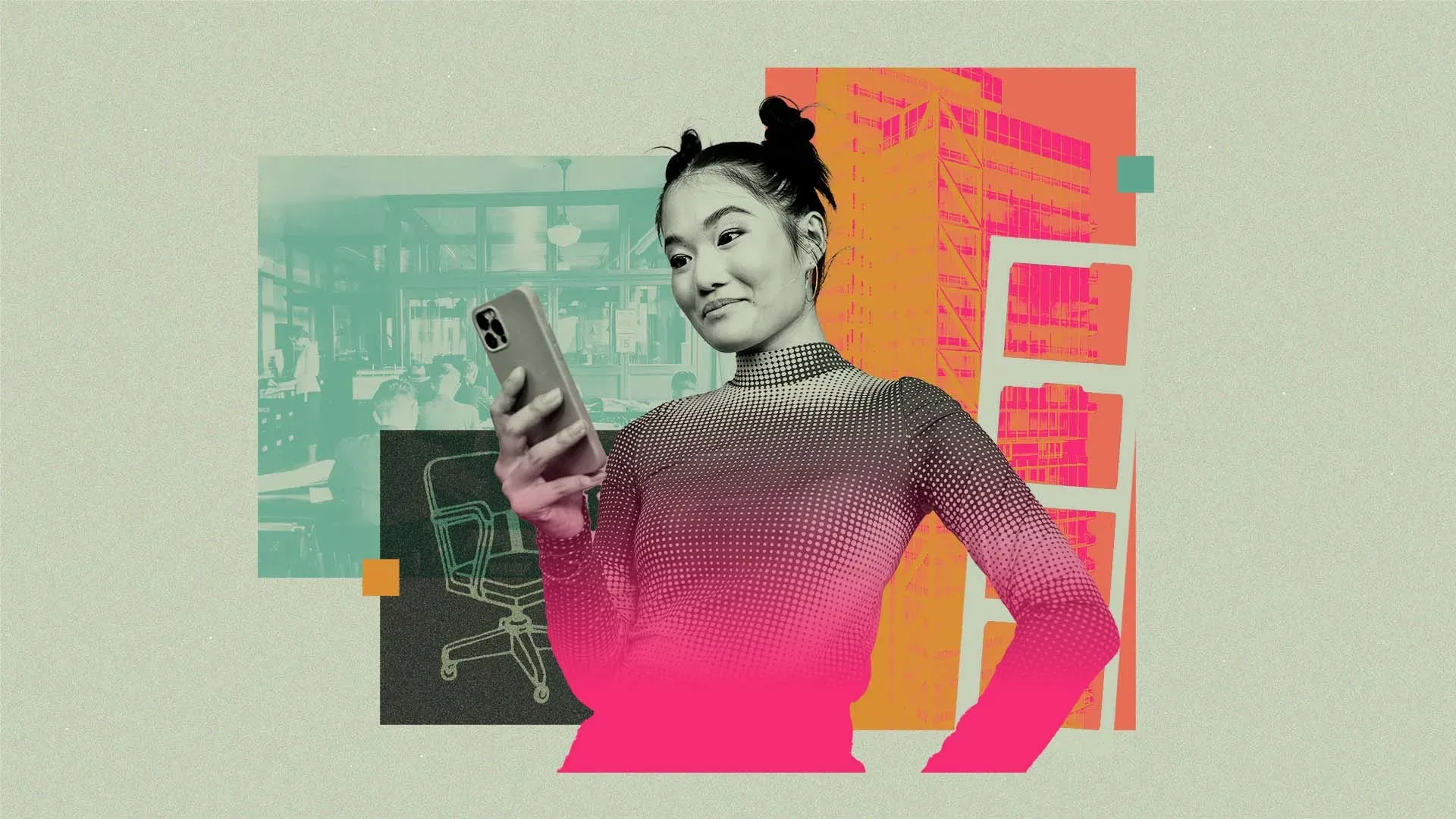
Join the Dialogue
Gen Z’s love affair with kombucha and spin classes is more than a fad—it’s a manifesto, redefining wealth as wellness. But who gets to join this revolution? At Truffle Culture, we’re curious about your rituals. What’s your version of modern wealth—a morning run, a home-cooked meal, a moment of stillness? Share your thoughts in the comments, and let’s explore what this shift means for the culture we’re building together.
